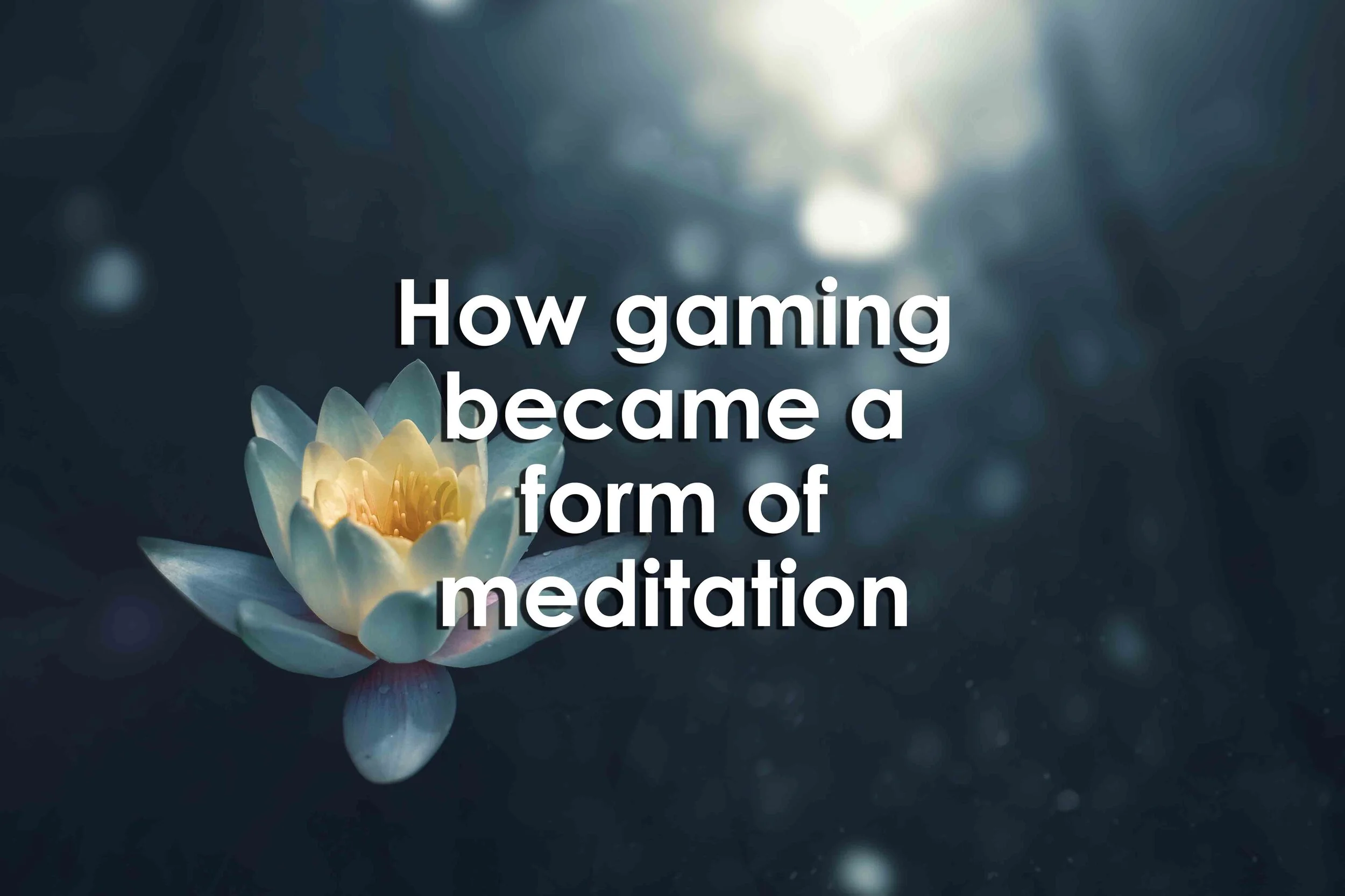How gaming became a form of meditation
How gaming became a form of meditation
How gaming became a form of meditation
By Kate Spicer
April 13, 2020
Summary
I've never been much of a gamer, but in recent weeks Everything - and its sister game, Mountain - have been, well, everything to me.
Her goal for the Toronto-based business was to create games that are an antidote to the adrenalised, goal-driven, fight-or-flight content that has dominated the gaming industry since its genesis 50 years ago.
Code spent the first eight years of her career working as a high-level programmer in the mainstream gaming industry, latterly at Ubisoft, a French video game company with 16,000 employees worldwide.
Code directed blockbuster games like Assassin's Creed, and was successful, but something bugged her about gaming.
"With fight-or-flight, your sympathetic nervous system kicks in and releases adrenaline followed by dopamine. If you like games like this, it's probably because adrenaline and dopamine are very enjoyable. Pupils dilate, your heart beats faster, your airways open up, and you feel exhilarated. You feel alive. You feel powerful. But not everyone likes these kinds of games. I don't. My friends don't."
Eight years in the making by company founder, Robin Arnott, the game tracks the experience of religious ceremonies, psychedelics, chanting, meditation and hypnosis.
SoundSelf takes the player, he says, "On an 'inward journey' that will instil a deeper quality of stillness. I saw how games could guide a person into a state of transcendence. You only have to look at kids staring blankly at screens to see how entrancing the medium is - it's just that generally the trance is used to engender one very narrow band of psychological states, when we can use it to catalyse anything a human is capable of feeling. For half a century, the industry has created one kind of game for one kind of person. Why is it that 90% target cortisol response?".
Slow, calm gaming isn't radical or new says Pratchett, "Because of the way games are reported by the mainstream media, it's a very samey narrative; the entire industry is demonised like rock 'n' roll, video nasties and the novel were. For the last five or so years the independent games companies have been thriving, and because they have no shareholders they've been creating all kinds of smaller games with far more emotional and reflective narratives."
With 20 years writing for and about the gaming industry, Pratchett says she isn't against the "Exciting and adrenalised" big-selling games.
"What I always really liked in games were the things the audience don't notice: the background things, the changing weather, or how the trees, grass and water are described. Sometimes I'd kill all the monsters and then just explore the place. I prefer to think of it in terms of play. In a game, you have to do something. With play, there's no point to it, you can't fail."
Reference
Spicer, K. (2020, April 13). Culture - How gaming became a form of meditation. Retrieved May 10, 2020, from http://www.bbc.com/culture/story/20200409-how-gaming-became-a-form-of-meditation


